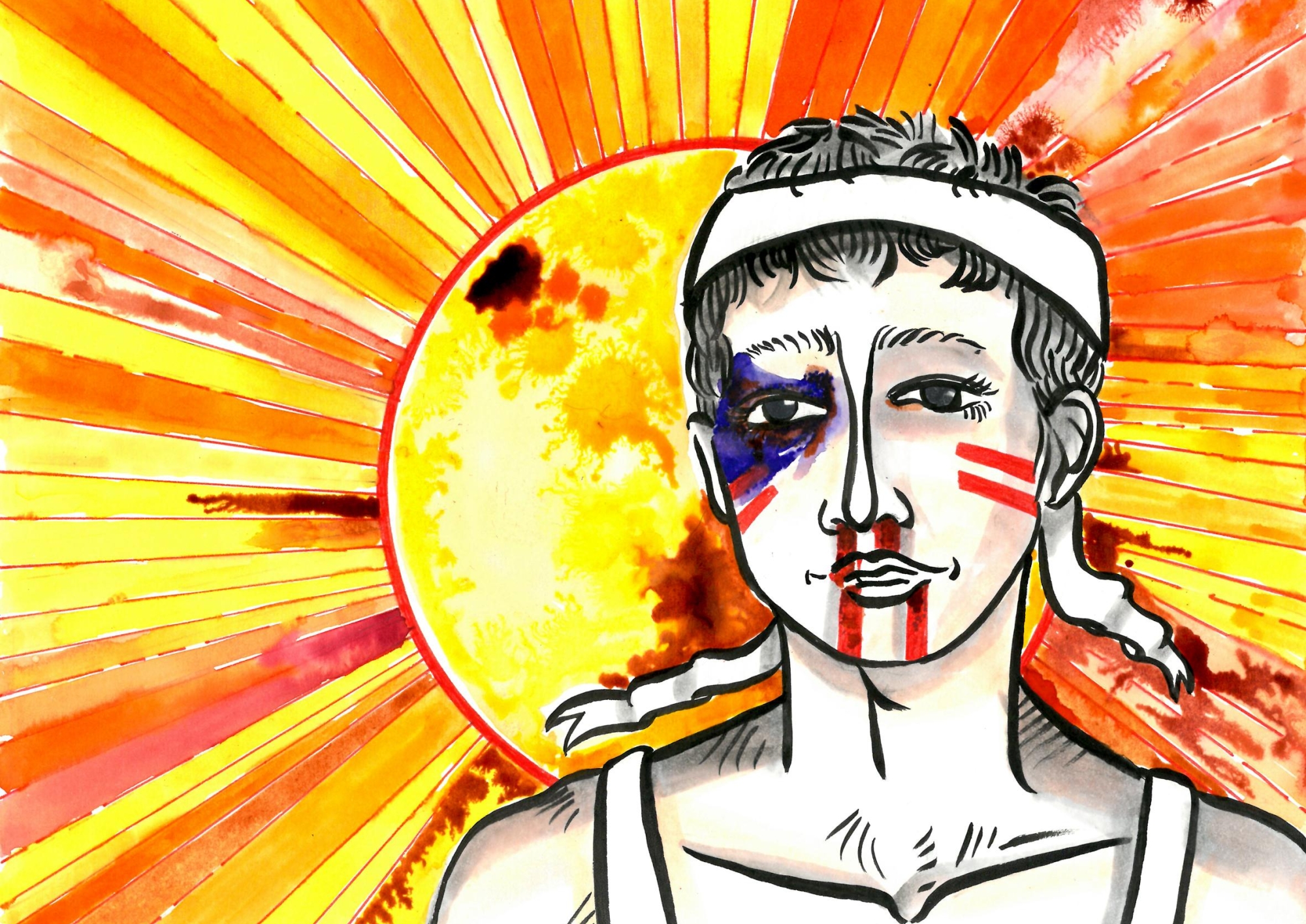Revolutions Do Not Get Resolved
Revolutionary

Tragedy of Lebanon: Christian Warlords, Israeli Adventurers, and American Bunglers – Jonathan Randal. The first time I read about the Lebanese Civil War, I found a book in the library of my aunt’s husband, Uncle Izzat. At that time, I was studying at university. The book dealt with the Christian ghetto, warlords, and the Israeli enemy. It was a shocking read for a girl who had moved from Tripoli to Beirut to study. I remember reading the book in several stages. Everything seemed new to me: Beirut, my home in Tarik El Jdideh, a book about the history of the Lebanon war, and my first two friends from the university: Nagham from the mountain, and Maya from Dahieh.
I remember the university years from 2005 to 2008. It is during those years in Beirut that I understood the system, its alliances, and past and contemporary assassinations. That was when I realized that we were still at war. Going back to my past, I had new meanings for when my mother would say, “we arrived at the checkpoint, no one talks beside me,” every time we were about to cross the Syrian RA’s checkpoint in Abi Samra. One of the best things we learned from our parents is to behave with normality, or in a way that normalizes what is happening. This is our greatest calamity. There are terms that embellish our ability to cope; we call it “flexibility.” The fawning west can have amusing terminologies sometimes.
As for the October 17th revolution, it undermines normality. “Enough.” We do not want to adapt to this political fascism. We do not want to adapt to selective memory. We do not want to adapt to regionalism. We do not want to cope with the absence of a state of institutions and services. We do not want to acclimatize with the generator, the van of the quick death, the hospitals, the health clinics of the rich, the expensive installments of schools and classist universities. We might get it right or we might get it wrong, and this is the fate of the revolution. Today, I am cautious in my criticism because I fear for myself and others in the revolution because of the system with its symbols and history of militias. I fear those who have weakened the state to uphold their own interests, for their survival and that of their militias, their military parties, and capitalist tycoons. 58 days since the start of the revolution are nothing compared to all the time they had to master their politics of humiliation through their allies, the banks’ rule, and the banking system in general. Why banks? Because the militia ideology does not know morals, it only knows how to attack. They fight us, the middle class, by restricting our trade, our income, and our salaries. While we started revolting against the banks by asking them to return the stolen money, they were able to distract us and minimize our demands to those of returning our individual funds only. The poor class does not deal with the bank, but rather with the middle class. This system is fighting us through banks and the policies of terror perpetuated by the army and the Ministry of Internal Affairs.
58 days is the age of the revolution and the time we have spent in the squares. A peaceful manifesto of polite fury. The people are afraid of being drawn into a civil war against those who are masters of wars and humiliation. What to do? Do we go back to learn about revolutionary work? Do we create a counter entity? Do we create a strategic revolutionary entity that would develop an escalation and negotiation plan? What to do? According to the Secretary General of Hezbollah, we will return to pre-October 17. This political decision is in the hands of a military party that, via a narrative of resistance and the political action, safeguarded the interests of its allies. At the same time, how do we confront such an organization? How do we take our reality into account and create a leaderless entity that can haunt them, that can fortify the revolution while scoring points against them?
